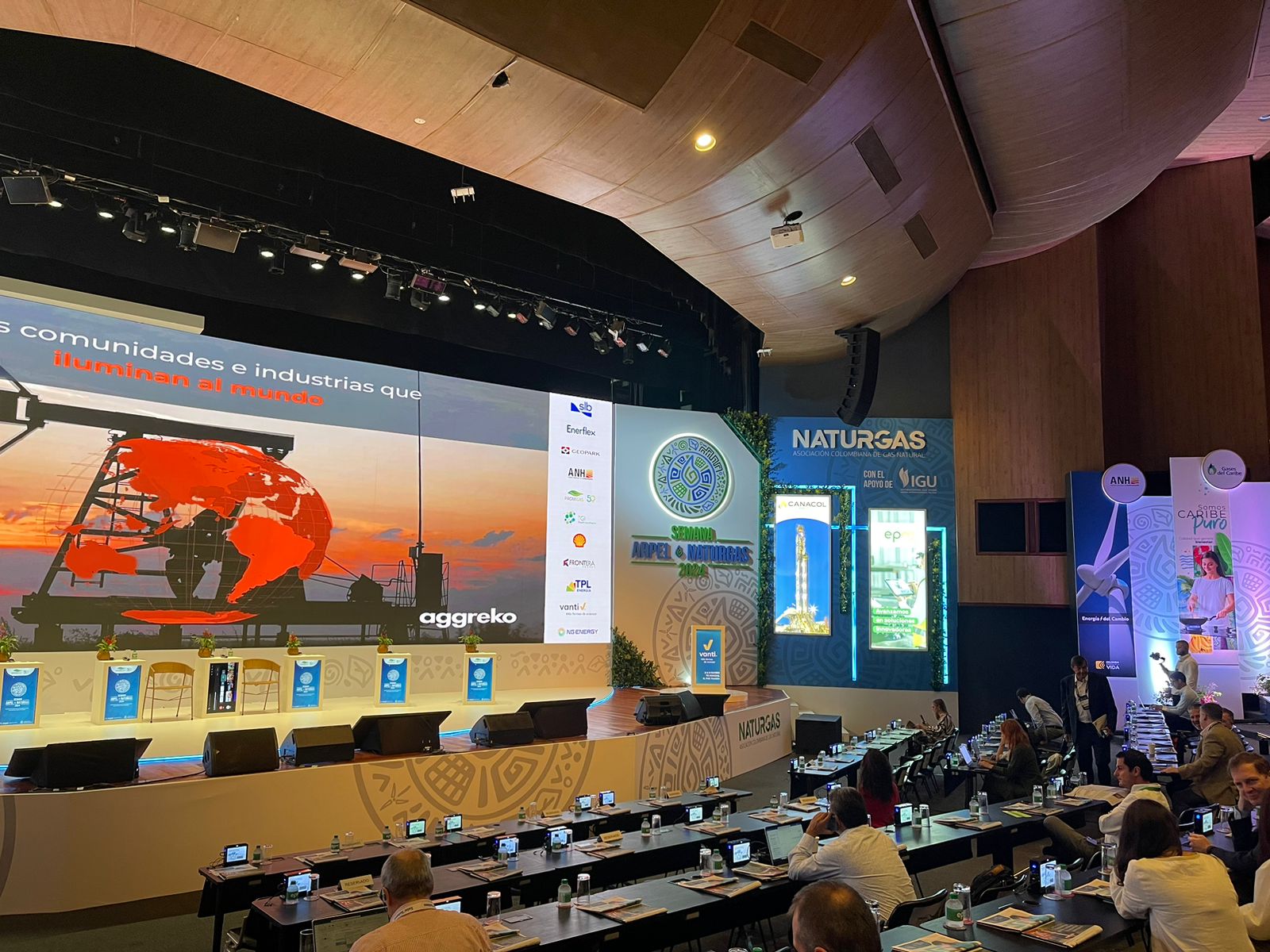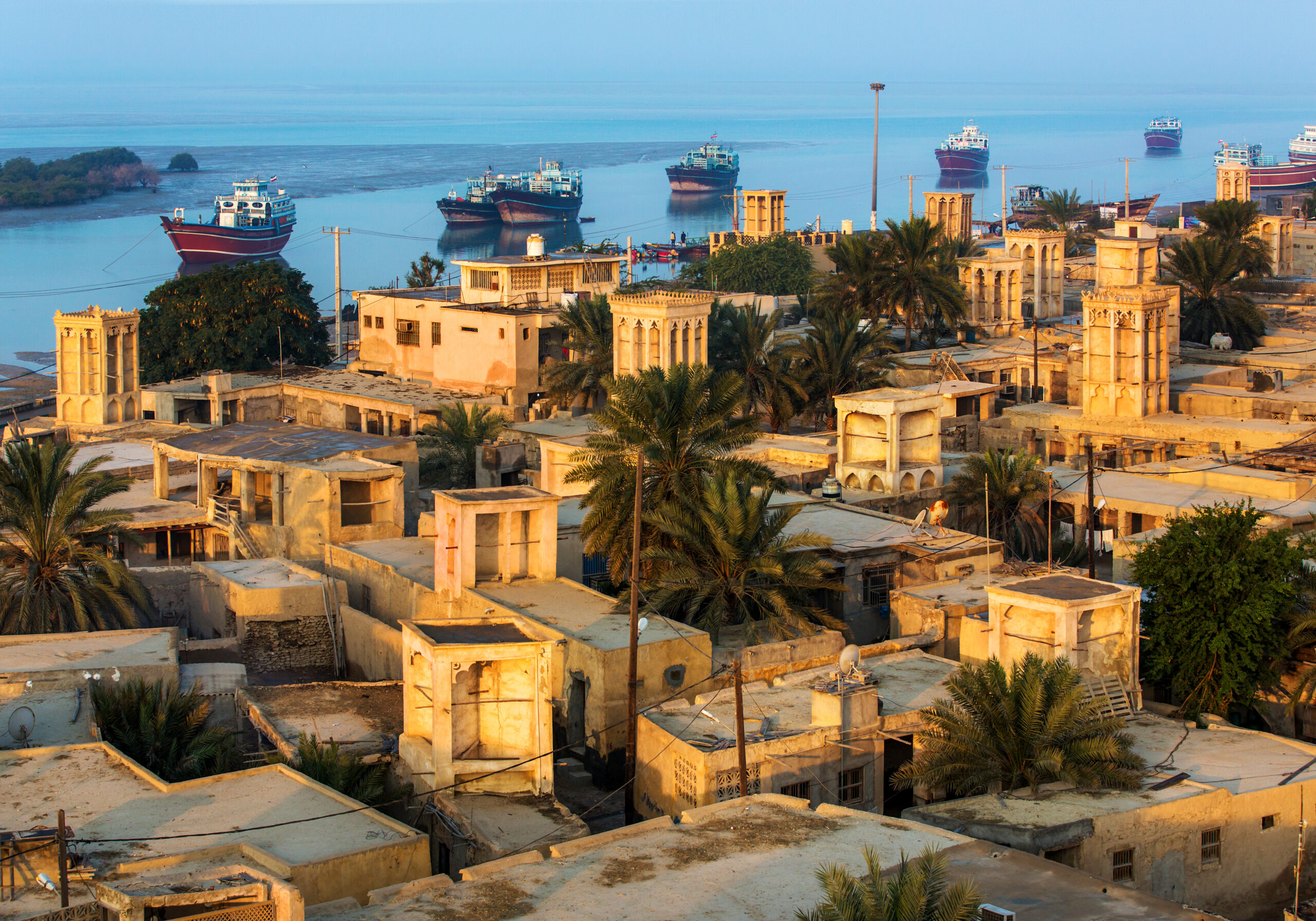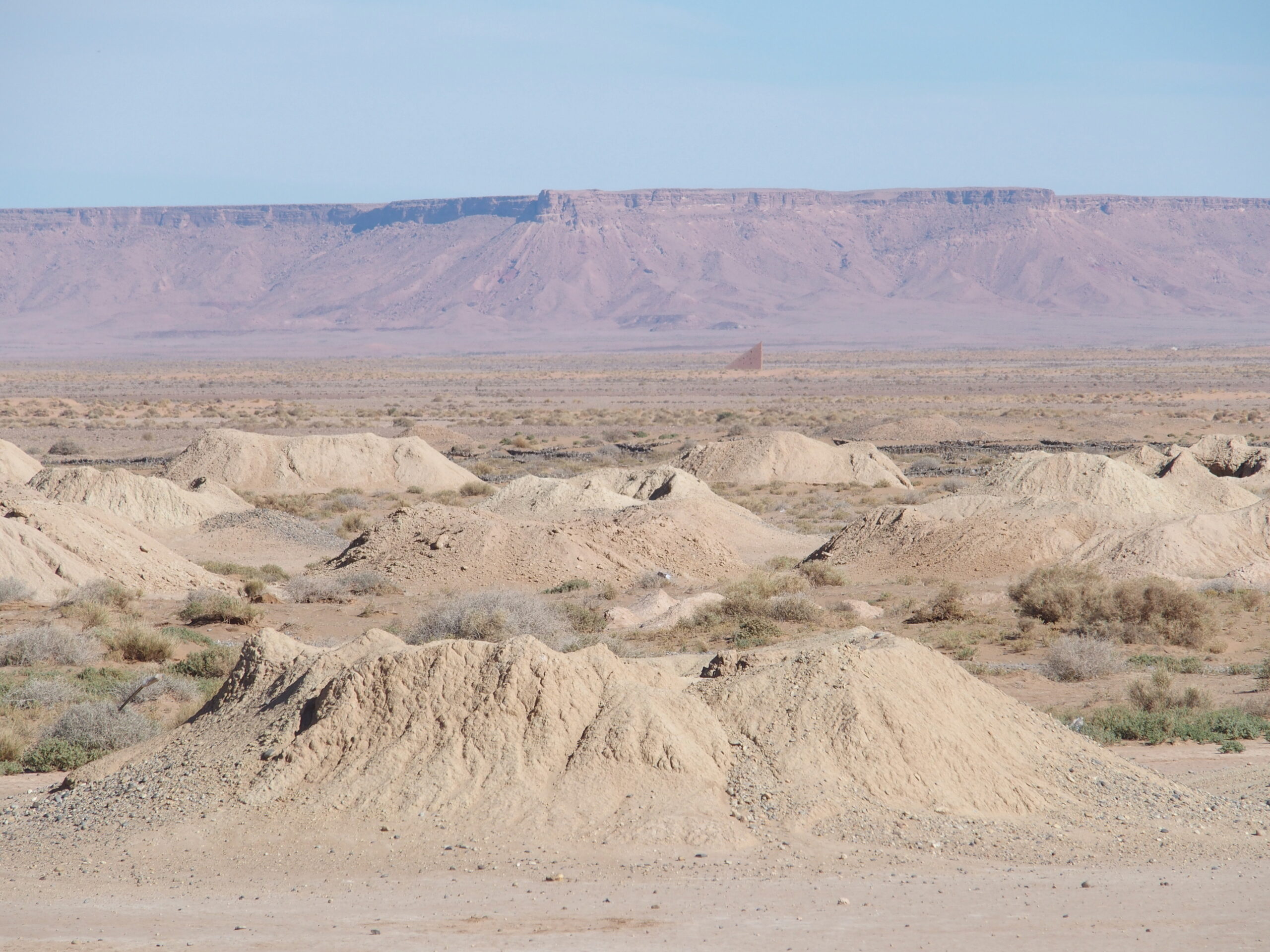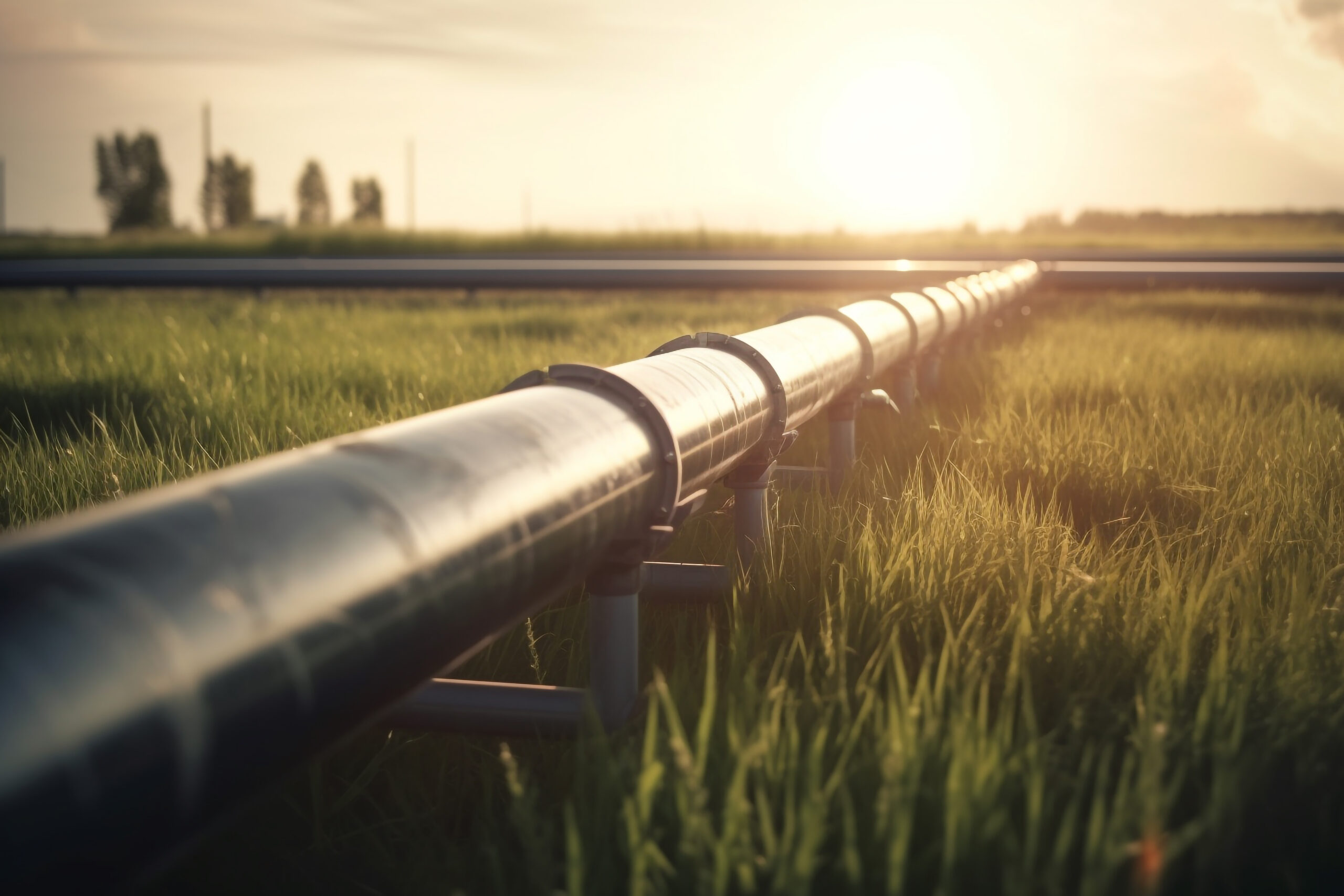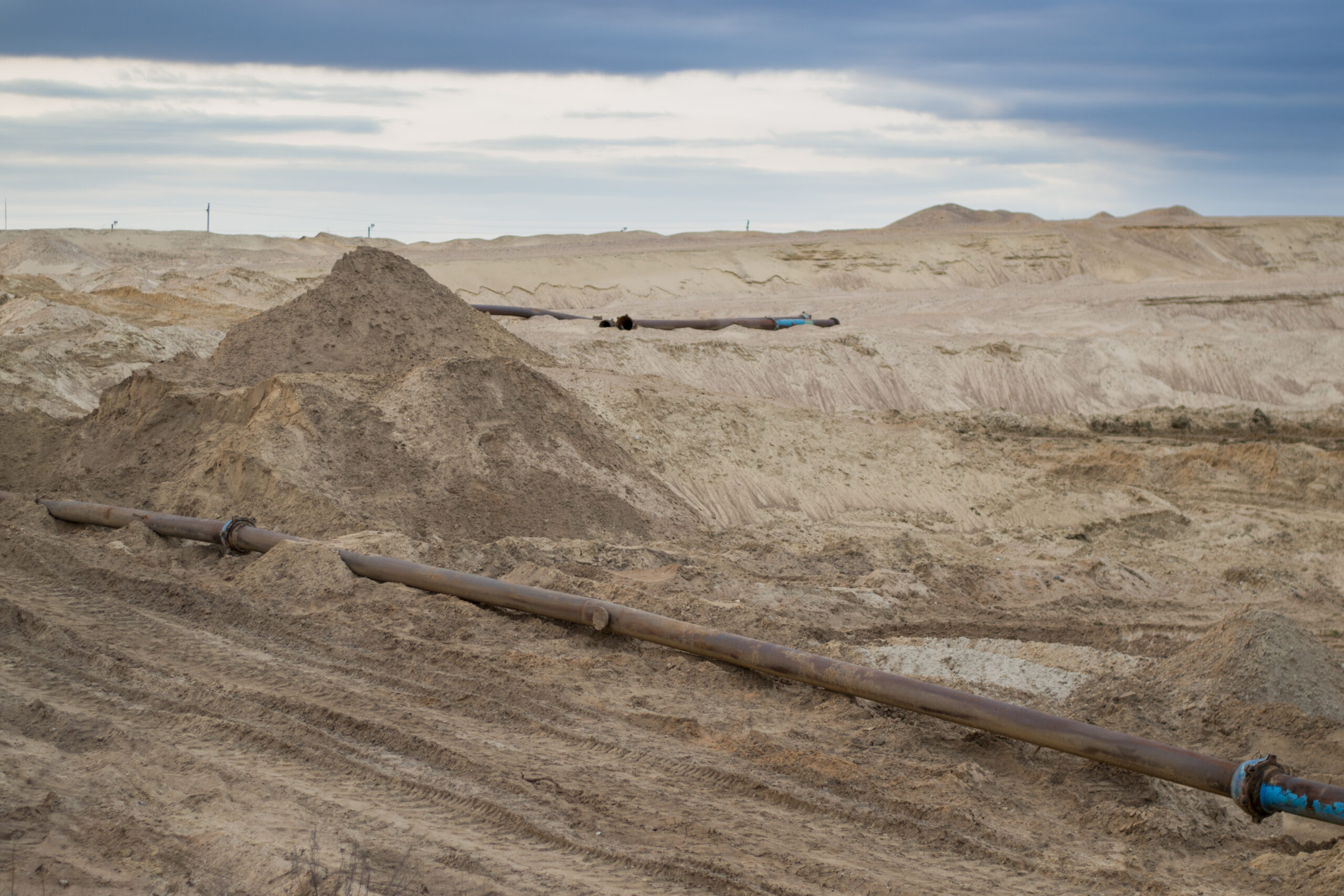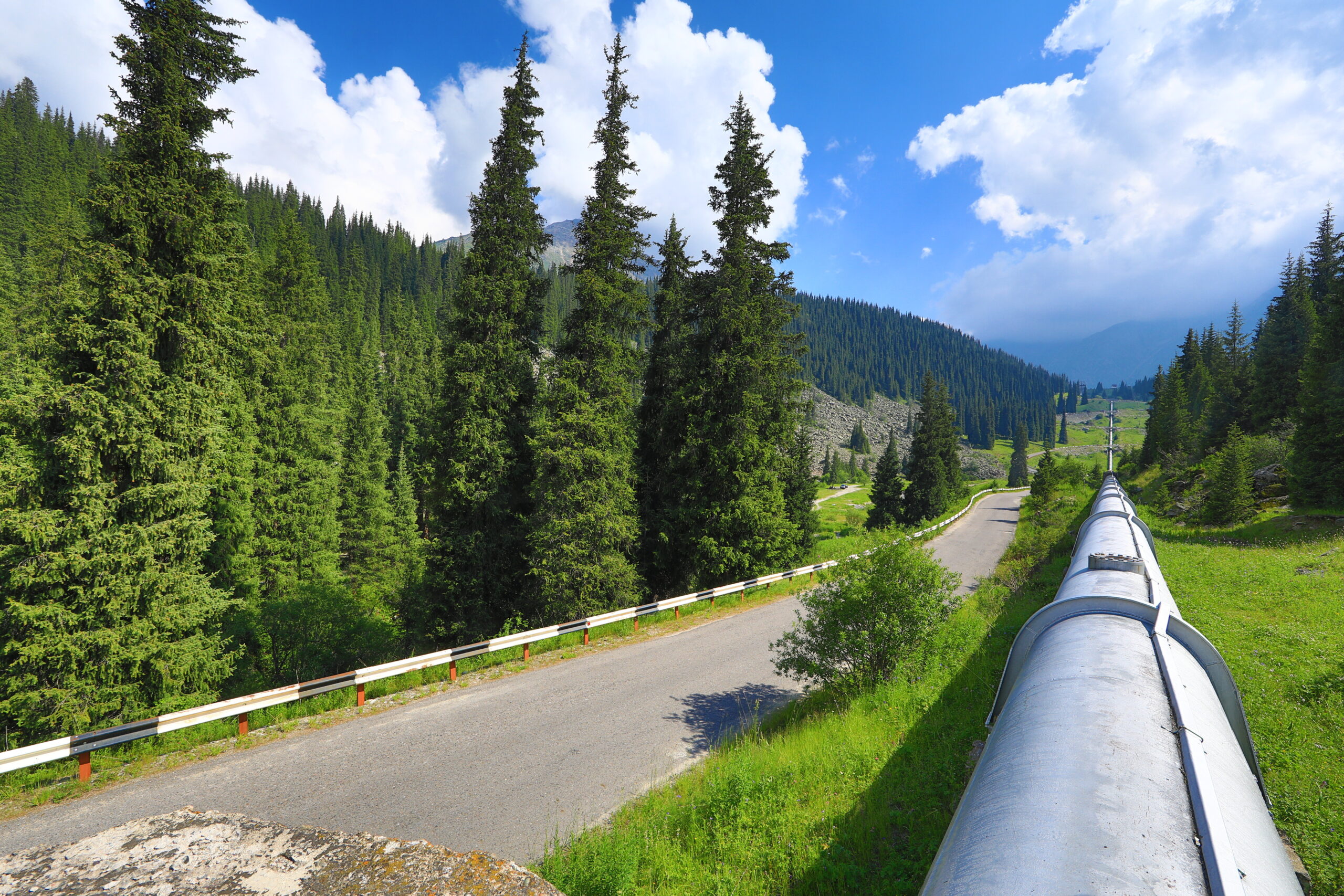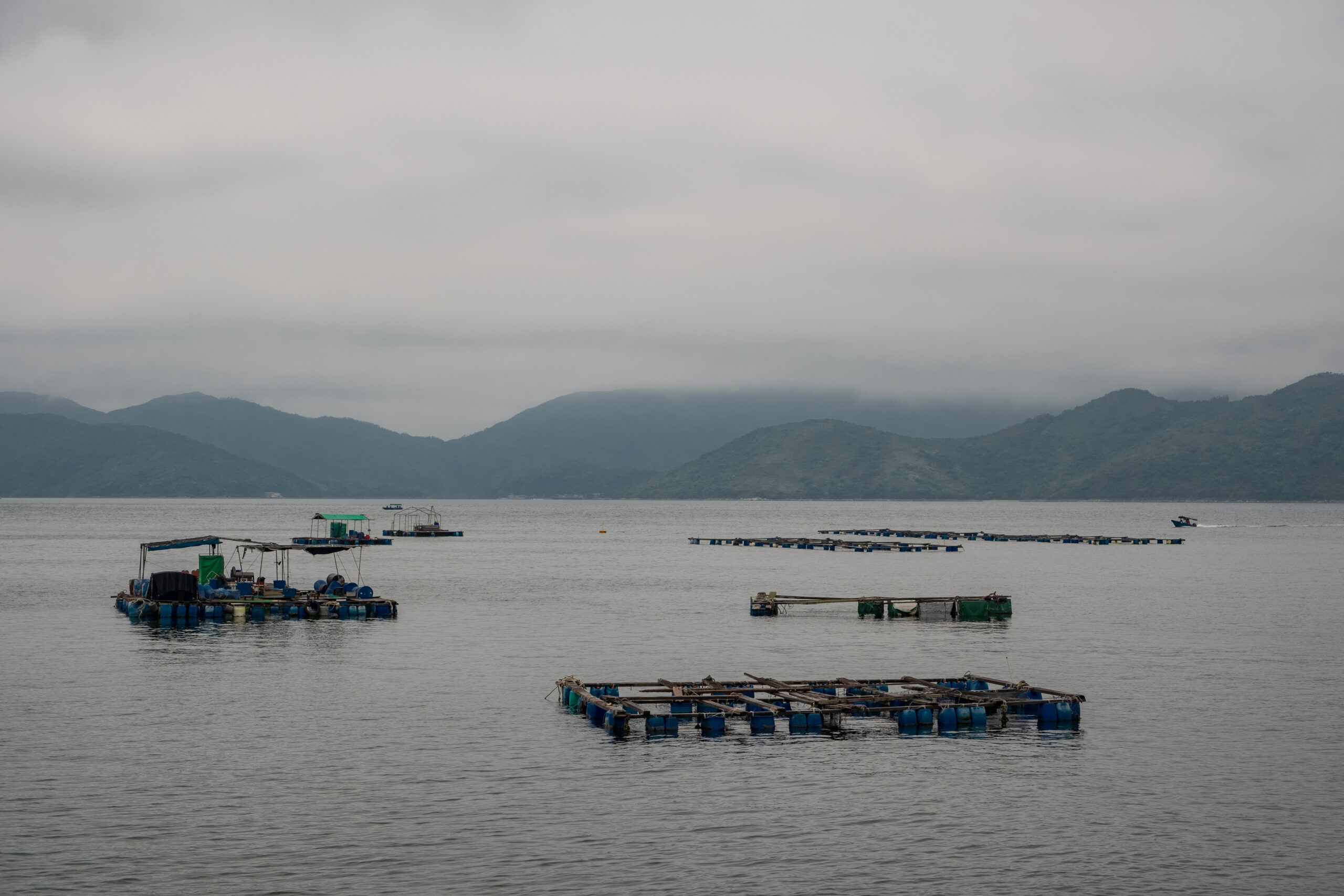Pipelines
An announcement this week at the Arpel-Naturgas conference in Cartagena suggests that the administration of Colombian President Gustavo Petro is putting more emphasis on Venezuelan gas than domestic alternatives.
The Iran gas pipeline attacks point to escalating tensions in the region.
The Trans-Saharan gas pipeline project connecting Nigerian and Algerian gas pipelines to Europe faces uncertainty due to political turmoil and sanctions following the Niger coup.
A hydrogen pipeline from Gulf countries to Europe might represent one of the most cost competitive options on the table amid targets to import 10 million tonnes of the fuel to Europe by 2030 as part of energy transition targets, experts said.
The Nigeria-Morocco Gas Pipeline project intends to supply gas to Morocco, 13 West African nations, and Europe, but experts have raised concerns about vulnerabilities based on its long timeline, funding issues, security, regional instability, and environmental and health impact.
Debt negotiations resulted in the approval of the Mountain Valley Pipeline, an unusual move that shows a “failure of governance” and “a lack of integrity in the whole process,” according to critics.
Security experts question whether it is possible to protect every part of the energy sector’s critical infrastructure, following the explosions at the Nord Stream gas pipelines.

